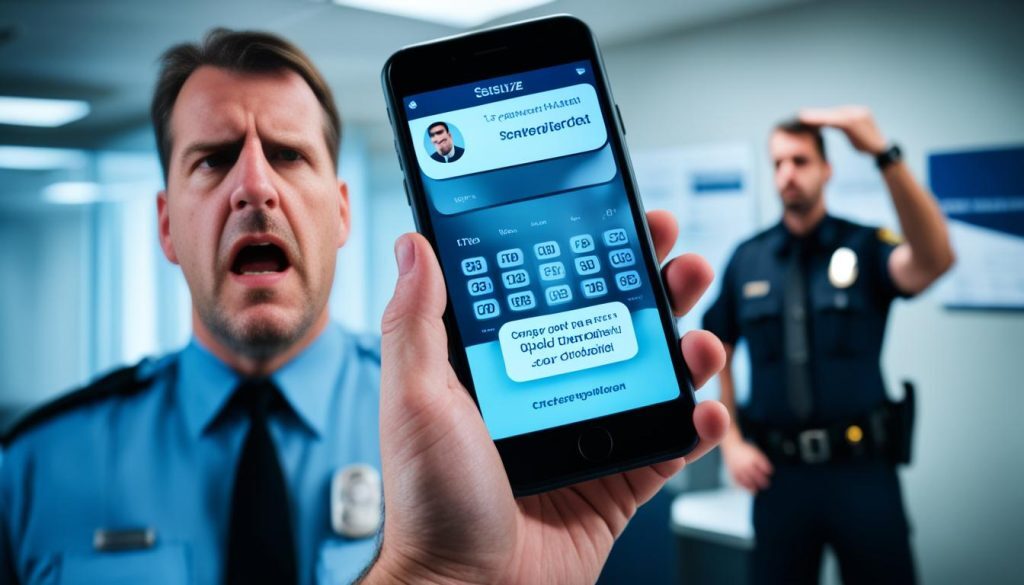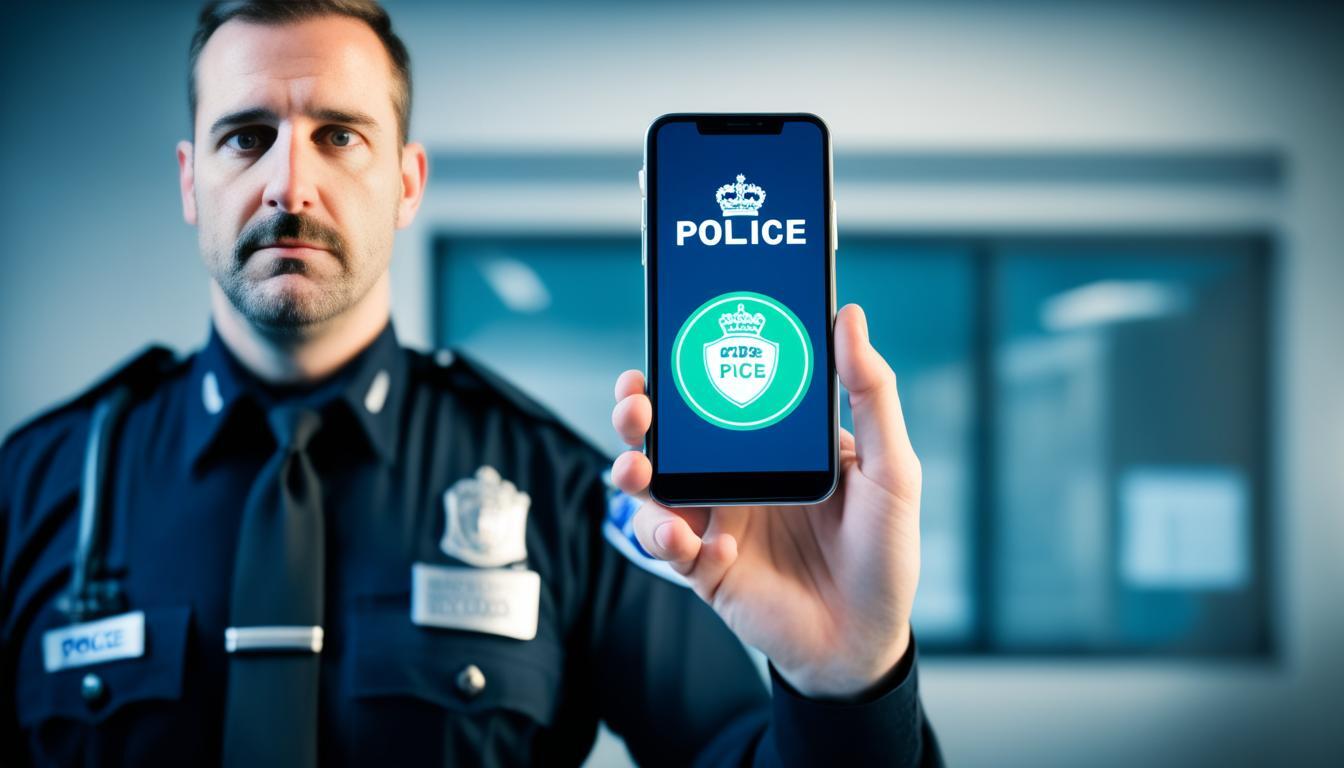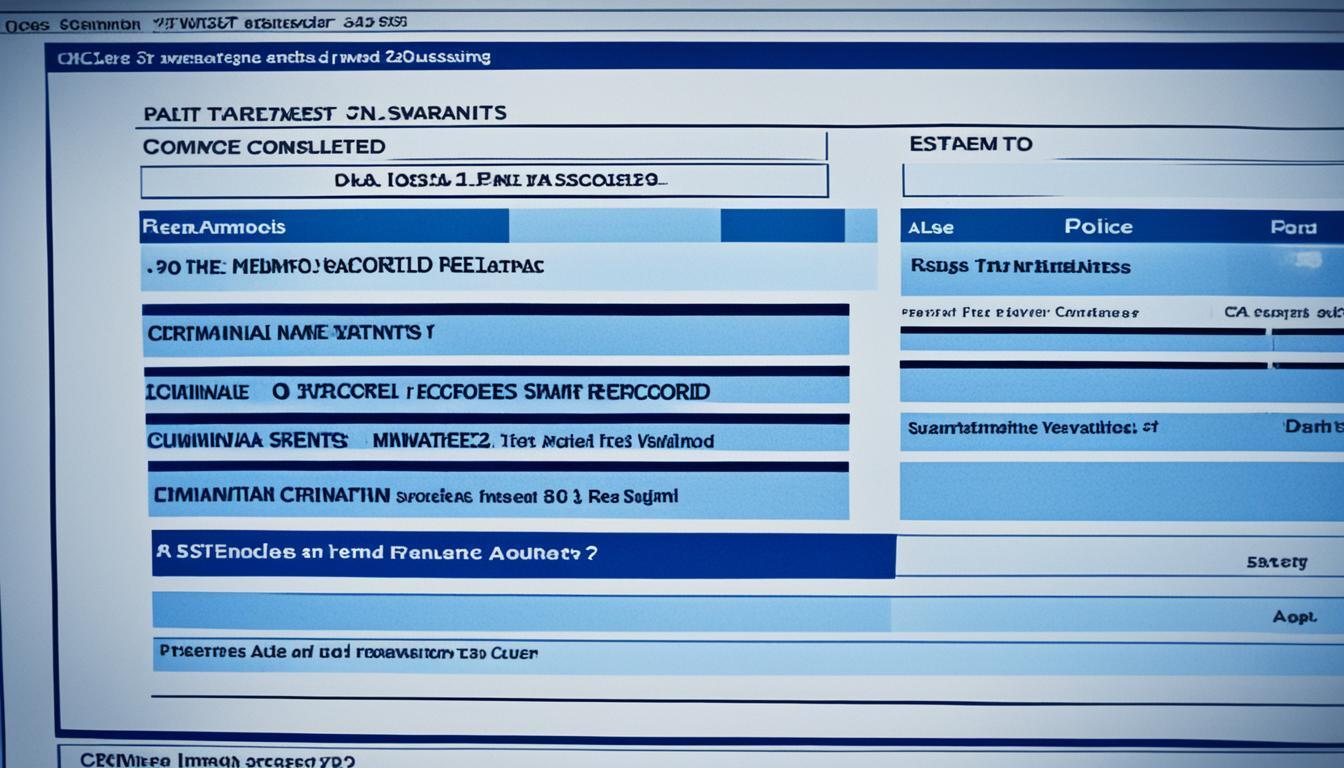Police Phone Seizure Duration in Canada
In Canada, the police have the authority to seize and retain mobile phones under specific circumstances. If they have a lawful reason to believe that a phone contains evidence of a crime or is connected to criminal activity, they can take it as part of their investigation. The duration for which the police can keep a phone varies depending on the situation and legal requirements.
Key Takeaways:
- Canadian police have the authority to seize and retain mobile phones during investigations.
- The duration for which the police can keep a phone varies depending on the situation and legal requirements.
- Search warrants are generally required before the police can seize your phone.
- Knowing your rights during police interactions is crucial to protecting your privacy.
- Police can conduct a limited search of a suspect’s cellphone without a warrant under certain conditions.
Search Warrants and Your Phone
In most cases, before the police can take your phone in Canada, they need to obtain a search warrant. A search warrant is a court-issued authorization that allows law enforcement to search and seize specific items, such as your phone, based on probable cause. This means that they must have a reasonable belief that the phone contains evidence of a crime.
However, there are certain situations, known as “exigent circumstances,” where the police may seize your phone without a warrant if they believe that waiting for a warrant could lead to the destruction of evidence or the danger of public safety.

When a search warrant is obtained, it is important for the police to follow the proper legal procedures to protect your rights and privacy. The warrant should clearly state the specific items to be seized, such as your phone, and the reasons for the search. This ensures that the search is conducted within the boundaries of the law and respects your right to privacy.
Table:
| Search Warrant Process | Requirements |
|---|---|
| 1. Application for Search Warrant | Affidavit detailing grounds for the search |
| 2. Review and Approval | Judge or justice reviews the application |
| 3. Issuance of the Warrant | Judge or justice approves and signs the warrant |
| 4. Execution of the Warrant | Law enforcement carries out the search |
Your Rights and Privacy
During interactions with law enforcement, it is crucial to be aware of your rights and protect your privacy. Understanding your rights can help ensure that your privacy is respected and that you receive proper legal representation.
1. The Right to Remain Silent: You have the right to remain silent during police interactions, including when your phone is being seized. You are not obligated to answer any questions that may incriminate you. Exercise this right to protect yourself during the investigation process.
2. The Right to Legal Counsel: It is essential to remember that you have the right to speak with a lawyer before answering any questions or consenting to the search of your phone. Consulting with a lawyer can help you understand your legal options and protect your rights throughout the process.
3. Privacy Rights During Phone Search: Your phone contains personal and sensitive information, including private messages, photos, and documents. It’s important to be mindful of your privacy rights when the police are conducting a phone search. Depending on the circumstances, you may have the right to challenge the search if you believe it violates your privacy rights.
By exercising your rights and seeking legal assistance, you can navigate police interactions involving your phone more effectively and ensure that your rights are upheld.

Limited Search of Cellphones Without a Warrant
In a ruling by the Supreme Court of Canada, it was determined that police can conduct a limited search of a suspect’s cellphone without a warrant under specific conditions. This ruling establishes the guidelines for cellphone search rules in Canada.
The search must be incidental to a lawful arrest and is subject to the requirement that the police have an “objectively reasonable” reason to conduct the search. These reasons may include:
- Protecting the safety of the police, the accused, or the public
- Preserving evidence related to the arrest
- Discovering additional evidence relevant to the offense
However, it’s important to note that the nature and extent of the search must be directly linked to the purpose of the search. Therefore, only recently sent or drafted emails, texts, photos, and the call log are generally available for search without a warrant.
By allowing a limited search of cellphones without a warrant, the Supreme Court aims to strike a balance between the rights of individuals and the investigative needs of law enforcement. This ruling acknowledges the importance of law enforcement’s ability to gather evidence while also recognizing the need to respect privacy rights.
Accountability and Detailed Notes
In addition to the legal framework surrounding cellphone searches, the accountability criteria for such searches have also been introduced through the Supreme Court ruling. This ensures that law enforcement officers follow specific guidelines and maintain transparency when conducting a cellphone seizure.
As part of the accountability mechanism, police officers are required to take detailed notes during a cellphone seizure. These notes include information about what they looked at on the device, how the search was conducted, and any other relevant details. The purpose of these detailed notes is to provide a clear record of the search process, allowing for later review and scrutiny to ensure that the search was conducted in accordance with the law.
The detailed notes serve as an important accountability measure, allowing for checks and balances to ensure that the individual’s rights are protected throughout the search and seizure process. These notes can be instrumental in addressing any potential violations or discrepancies that may arise during or after the arrest.
By maintaining detailed records of the search, law enforcement agencies can demonstrate their adherence to the accountability criteria and establish the legality and integrity of the investigation. Furthermore, these notes can serve as valuable evidence in court proceedings, providing transparency and supporting the due process of law.
| Detailed Notes | Benefits |
|---|---|
| Record of what was searched on the device | Ensures transparency |
| Documentation of the search process | Evidence for legal proceedings |
| Facilitates accountability and adherence to the law | Protects individual rights |
Password Protection and Unlocking
In the context of cellphone seizure and investigation, the presence of a password on a phone does not serve as a legal barrier for law enforcement authorities. Although a suspect has the right to remain silent and withhold their password during an arrest, the police can still seize the phone and attempt to unlock it using their technological capabilities. It is important to note that while a password may limit immediate access to the phone’s contents, it is more of a practical consideration than a legal impediment.
In cases where an individual has password-protected their phone, it adds an additional layer of security and may make it more challenging for authorities to access the information stored within the device. However, modern forensic tools and techniques allow law enforcement to employ various methods to bypass passwords and gain access to the phone’s data. These methods may include using advanced software or seeking assistance from specialized units within law enforcement agencies.
It’s important to recognize that in today’s digital landscape, the protection of personal data is a critical concern. As such, individuals are encouraged to implement strong passwords and employ additional security measures to safeguard their information. While password protection may not prevent the police from attempting to unlock a phone for investigative purposes, it remains a fundamental aspect of maintaining privacy and protecting personal data.
Seeking Legal Assistance
If your phone has been seized by the police or if you believe that your rights have been violated during a police interaction involving your phone, it is important to seek legal assistance.
Experienced criminal defense lawyers can help evaluate the circumstances of the seizure, determine whether your rights were respected, and advocate on your behalf. Their goal is to ensure a fair legal process and protect your rights throughout the investigation and any subsequent legal proceedings.
Contact a criminal defense lawyer to discuss your case and receive appropriate guidance. By working with a knowledgeable legal professional, you can navigate the complexities of the law, understand your rights, and mount a strong defense. Your lawyer will be your advocate, fighting to ensure that any rights violations during the phone seizure are addressed and that you have the best possible outcome in your case.
- The Role of Police in Community Safety & Unity - October 6, 2025
- Quebec Police Officer Salary Insights 2023 - July 13, 2025
- Canada Arrest Protocol: What Police Say Upon Arrest - June 12, 2025




















Post Comment